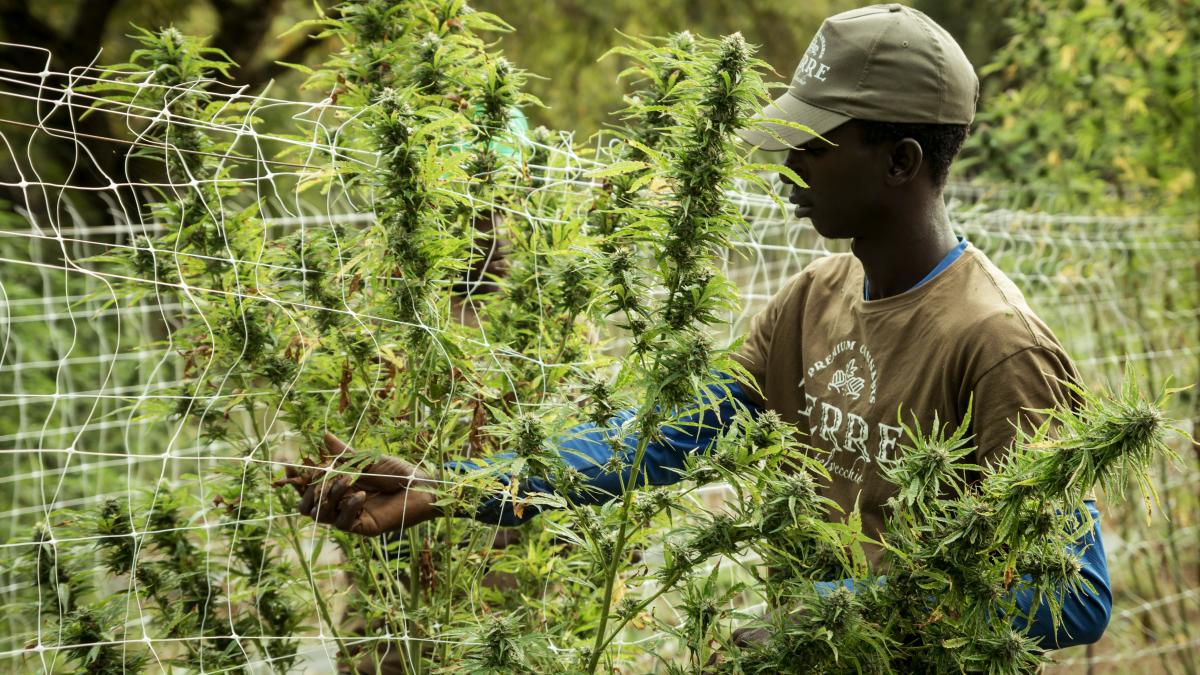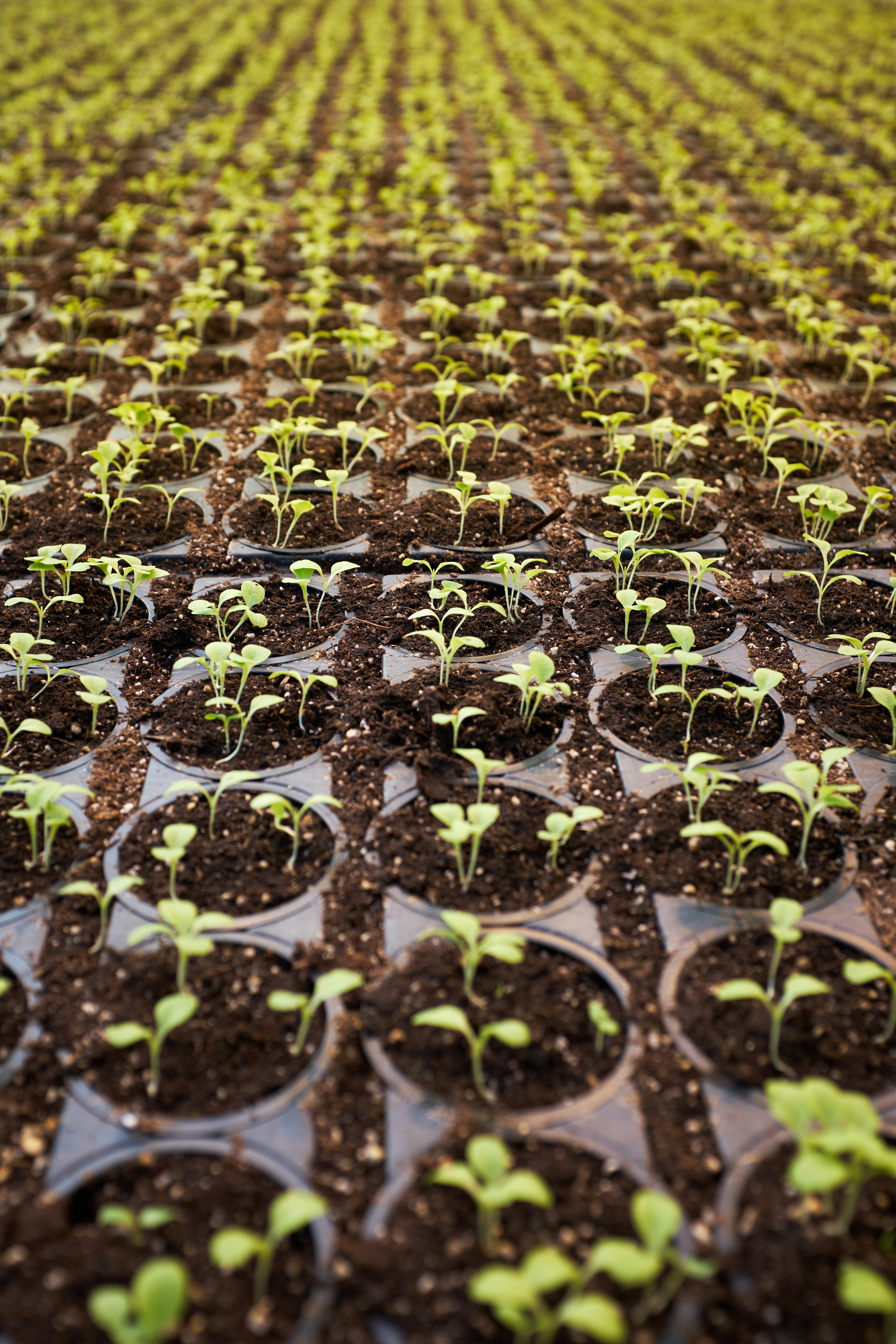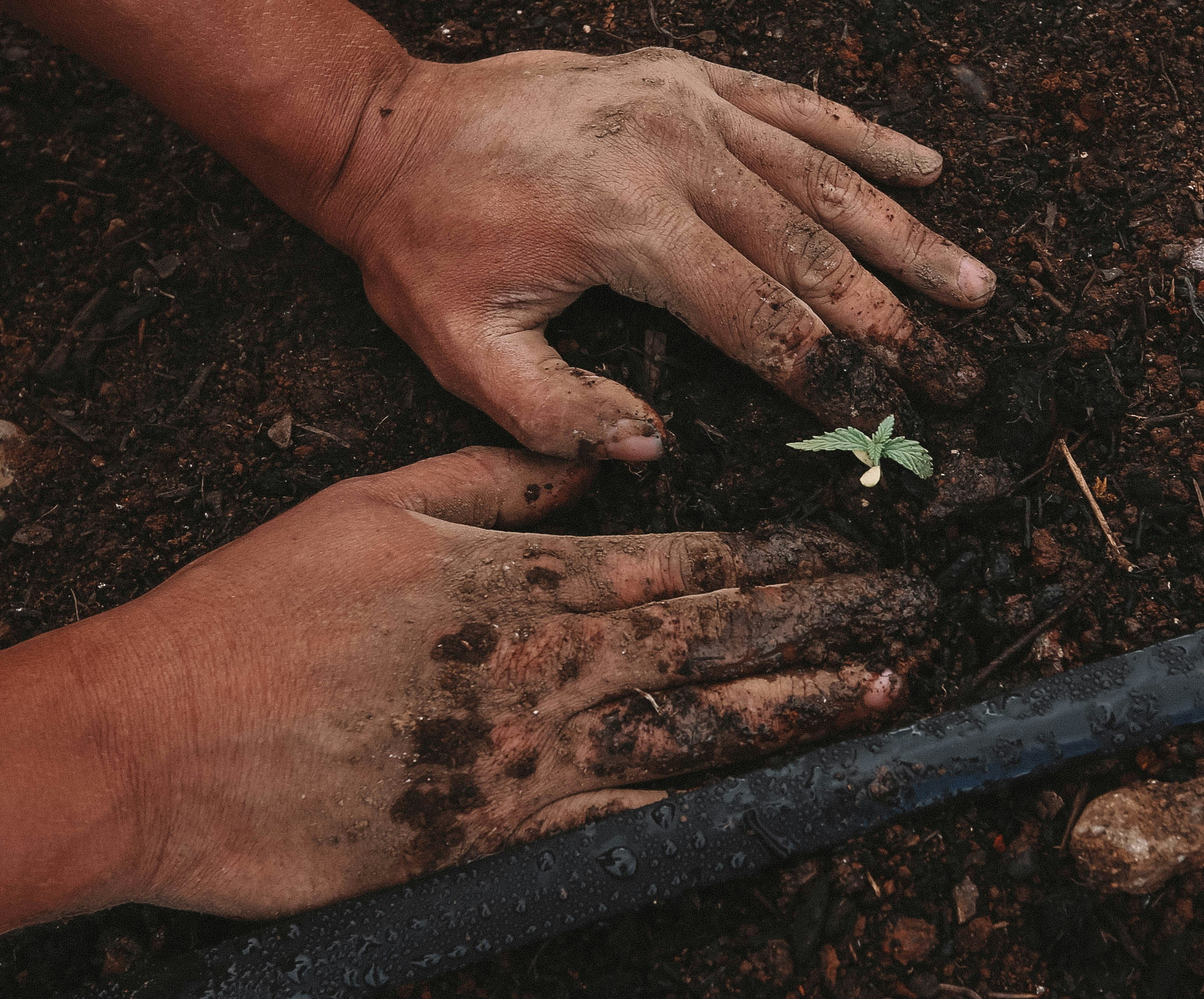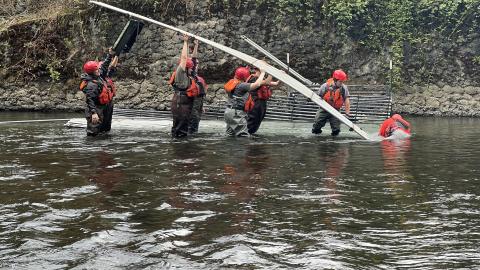

I have spent most of my life in the Seattle area. I earned my bachelor’s degree in molecular, cellular, and developmental biology from the University of Washington, becoming a first-generation college graduate and before continuing in pursuit of my master’s degree. Coming from a Mexican background, I proudly identify as Hispanic and Latina. My parents have been a significant support in my educational pursuits, teaching me the value and importance of hard work.
My father has worked in construction for as long as I can remember and throughout his career, I’ve accompanied him to Urgent Care for stitches, chronic back pain, and even surgical procedures. During my undergraduate studies, I obtained extensive benchwork and lab experience by working on projects related to Alzheimer’s Disease and cognitive impairment. However, as I continued this type of lab work, I felt that my efforts weren’t directly benefiting my community. I wanted to change my focus to occupational health and safety research with a focus on helping people like my dad, who work in high-risk jobs and build upon my pervious experiences.
This realization motivated me to apply to the department of Environmental and Occupational Health Sciences (DEOHS), whose Industrial Hygiene program perfectly aligns my research interests with the opportunity to make a tangible impact. Since I’ve started my graduate studies, I can say that the work I’ve been doing feels close to home and continues to be a rewarding experience.
Since fall quarter 2024, I have been working on the development and evaluation of the Washington Industrial Safety and Health Act (WISHA 10) cannabis training modules.

The Background:
In the United States, about 420,000 full-time jobs are employed by the legal cannabis industry and in Washington, this industry continues to rapidly grow. In agriculture, there are several cannabis farms that employ thousands of employees within Washington state and Oregon. However, working with cannabis plants can cause several health concerns like skin irritation, respiratory issues, and allergic reactions. There is a need for cannabis-tailored formal training to prevent occupational injuries and illnesses for cannabis employees in agriculture.
WISHA 10 is a 10-hour training course, similar to OSHA 10, that is given to employees doing agricultural work. This training is meant to help agricultural workers recognize and eliminate hazards and promote a culture of health and safety. Cannabis is not yet listed as a topic in the WISHA 10 training certificate because it is an emerging hazard and reaches a new sector of agriculture.
Key Questions:
Which modules or components of the existing WISHA 10 training could be modified/tailored to cannabis workers and how?
Which questions are misunderstood or difficult on the pre-assessment and post-assessment of the WISHA 10 training and how can they be improved?
The Project:

The goal of this project, led by Assistant Professor, Diana Ceballos, is to enhance health and safety education for the cannabis industry. To do so, the existing agriculture WISHA 10 training assessments will be analyzed first. Then, in collaboration with an advisory committee, content and evaluation plans for the cannabis-specific training modules will be discussed and created. And lastly, the new cannabis modules and improved assessments will be pilot tested.
This project collaborates with the Pacific Northwest Agricultural Safety and Health (PNASH) Center Cannabis Project team, the PNASH outreach core, and the Washington State Department of Labor and Industries (L&I) Division of Occupational Safety and Health (DOSH). Overall, the goal is to incorporate topics that are tailored to the cannabis production industry into the WISHA 10 training to encourage cannabis employees to take the certification and positively impact their health and safety.
Key Findings:
The results from this pilot project intend to increase the number of cannabis workers taking the WISHA 10 training as well as preventing and reducing injury and illness in this novel, growing population. Currently, the pre-assessment and post-assessment results are still being analyzed, so key findings are still in the works.
Involvement and Final Reflections:
 I am a graduate student on the project who has assisted with cleaning up the raw data, organizing files, and creating visual presentation materials so far. In the future, the hope is to also assist with evaluation and administration of the cannabis module.
I am a graduate student on the project who has assisted with cleaning up the raw data, organizing files, and creating visual presentation materials so far. In the future, the hope is to also assist with evaluation and administration of the cannabis module.
In December, I earned my WISHA 10 certification to deepen my understanding of the training materials for my work on the WISHA 10 project. During the training, I realized how little I knew about the agriculture industry. For example, I learned about rollover protective structures on tractors and the regulations concerning heat stress and related health issues, which are significant hazards to worker health and safety in agriculture.
I have enjoyed working with Professor Christopher Simpson, Assistant Professor Edward Kasner, the PNASH outreach team, and DOSH collaborator, Bradley Farrar and his team. I also want to give special appreciation to my faculty mentor, Diana Ceballos. I couldn’t have done all the work that I’ve done without her guidance, patience, and expertise. She brought me onto this project early in my graduate studies and has continued to be welcoming and encouraging throughout our time working together. I’m enthusiastic to continue working on this project and excited to learn even more.




